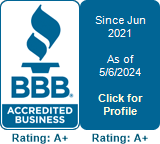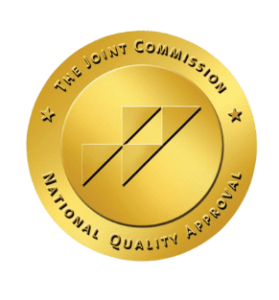- If you or someone you care about is trying to figure out what to do following a relapse, the most important thing is not to get discouraged.
- Setbacks are part of the recovery journey for many individuals struggling with addiction, even those who go on to achieve their recovery goals.
- Remember that setbacks can compound when feelings of guilt or hopelessness creep in. Taking these steps can help prevent that while ensuring a relapse doesn’t get in the way of recovery:
Step 1: Get Honest
You told yourself you were done, but you started again. You have to be honest about that, both with yourself and with others. Honesty always starts with yourself. Be willing to admit that you made a mistake; that’s part of being human.
Once you’ve been honest with yourself, you also have to realize that isn’t enough. If you don’t open up about what happened with someone else, it will be much more difficult to hold yourself accountable when you’re navigating high-risk situations in the future.
Successful addiction recovery hinges on support, and when you aren’t honest with someone you trust to have your best interests at heart, they won’t be able to give you the support you need when you need it.
Find that person you can be honest with, and tell them the truth.
Step 2: Don’t Compound the Problem
To get honest with yourself and your support network, you have to make yourself vulnerable. That isn’t easy to do, so it’s also important not to beat yourself up after you’ve opened up and been honest. If you’re hard on yourself following a setback, that’s a good sign you’re ready to grow from the experience. Those negative feelings can even be used as a motivating force when you’re at risk of relapse in the future.
However, negative feelings like guilt and regret become counterproductive at a certain point. When these feelings remain unresolved, they fester and compound, often leading to continued drug or alcohol abuse or even another setback. That’s why you also have to be gentle with yourself once you’ve been honest with yourself and others.
Ultimately, you can’t get so caught up in the negative feelings brought on by the setback that you lose sight of your recovery goals.
Step 3: Identify Why the Relapse Happened
If it happened once, it can happen again. You need to take steps to make sure it doesn’t happen again, but before you can do that, you first need to understand why it happened in the first place.
Start by retracing your steps. What triggers, events, situations, or emotions led to the relapse? Does the relapse have anything in common with previous relapses? If so, you’ve identified a pattern to watch out for in the future. If it is your first relapse, you’ll know you’re at risk of relapsing in the future when you recall the way you felt or what you were doing the last time it happened.
The last thing you want to do at this stage is brush the relapse under the rug or write it off with, “It won’t happen again.” That’s how it happens again. Without being too hard on yourself, you need to be willing to dig deep and understand the internal mechanisms that caused you to fall back into addictive behaviors.
Once you identify those patterns, it will be much easier to recognize them in yourself, and others will be equipped to help you cope with situations where the risk of relapse is high.
Step 4: Reconnect With Your Recovery Path
By this point, the hard emotional work should be over. Now, you simply need to reconnect with the recovery path you were on leading up to the setback. That path may be grounded in physical, mental, emotional, or spiritual aspects of well-being.
In our experience, the most successful individuals have found a way to integrate all four of these elements into their lifestyle.
Step 5: When in Doubt, Give Your People a Shout
We won’t say it’s impossible, but the journey of addiction recovery is much more difficult without support. When you’re in doubt, it’s OK to admit that you can’t do it all on your own. Addiction recovery requires vulnerability, openness, and honesty with someone you trust. If you’re ever in doubt about what to do after a relapse, never hesitate to reach out to your support network.
Whether it’s one particular person, a group of friends, or your whole family, reaching out to your support network is the easiest way to get through the hardest times.
Still Not Sure What To Do After a Relapse?
If you still aren’t sure about what to do after a setback in recovery, get in touch with the team at ALYST Health. We’re happy to answer any questions you may have during this challenging time and direct you toward the recovery resources most beneficial to the next step in your journey.






